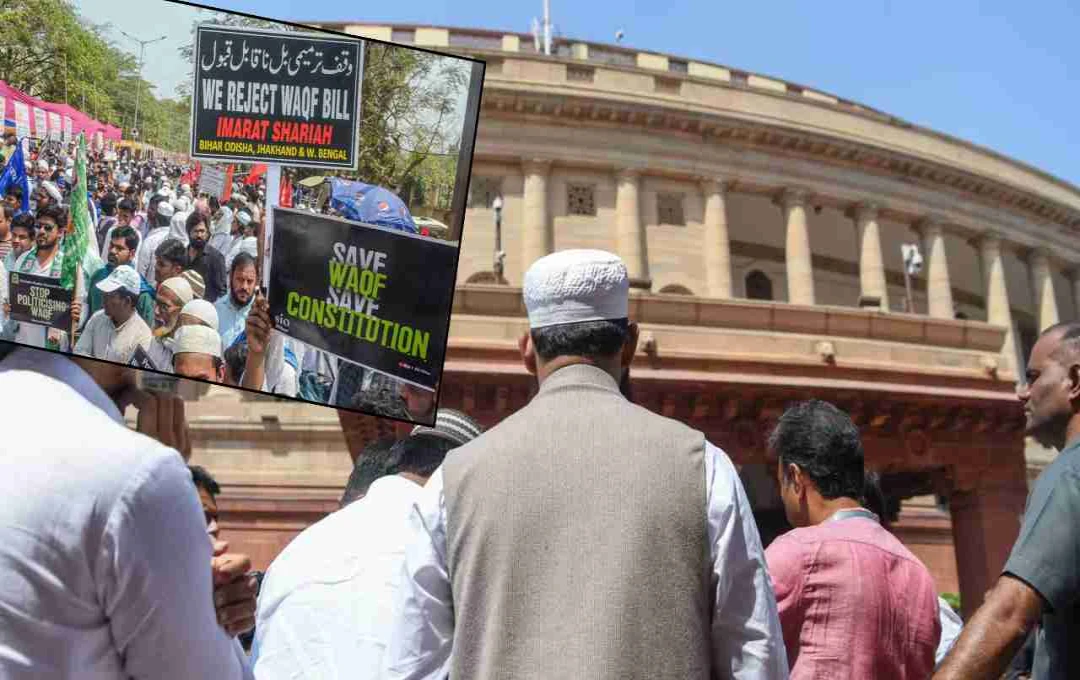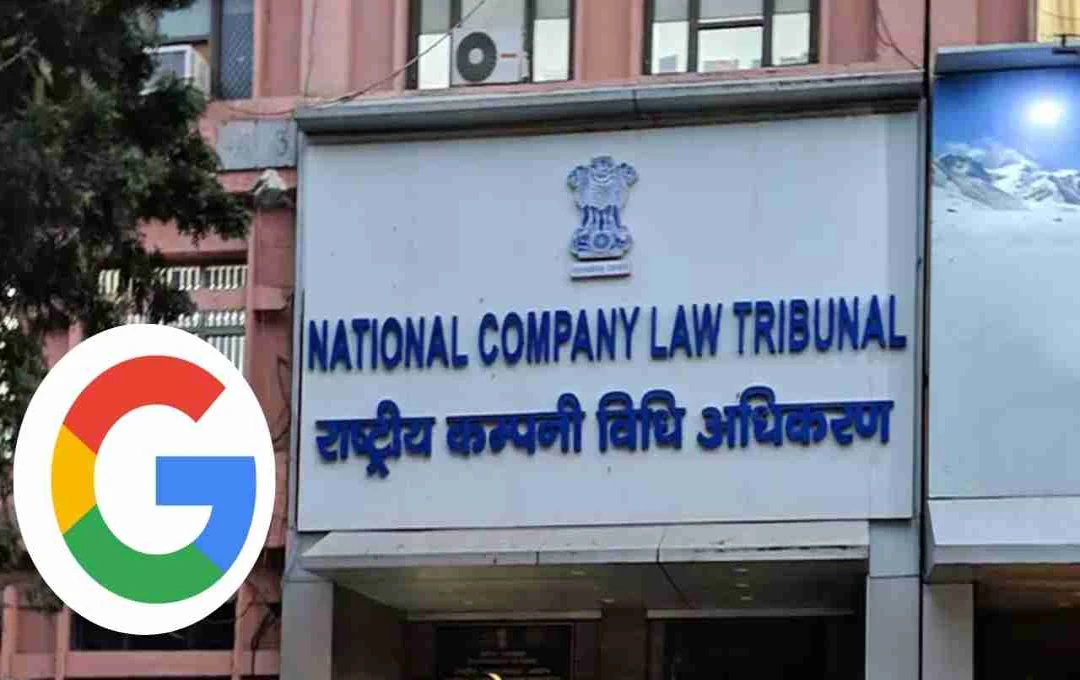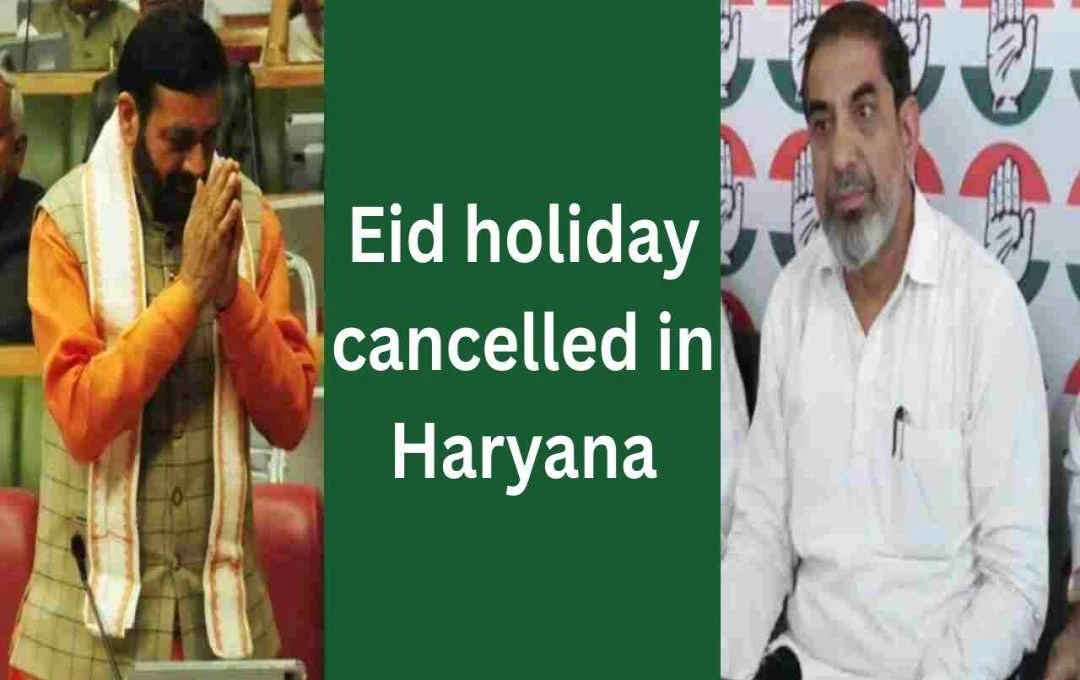The Waqf Amendment Bill eliminates the 'Waqf by User' provision. Legal documentation will now be mandatory for Waqf property, aiming to reduce property disputes; however, the opposition is protesting.
Waqf Bill: 'Waqf by User' implied that if a place like a mosque, graveyard, or shrine had been used for religious or community purposes for a long time, it was considered Waqf property without any documentation. This practice was part of Islamic law and the old tradition of Waqf in India.
Why did the government remove this provision?
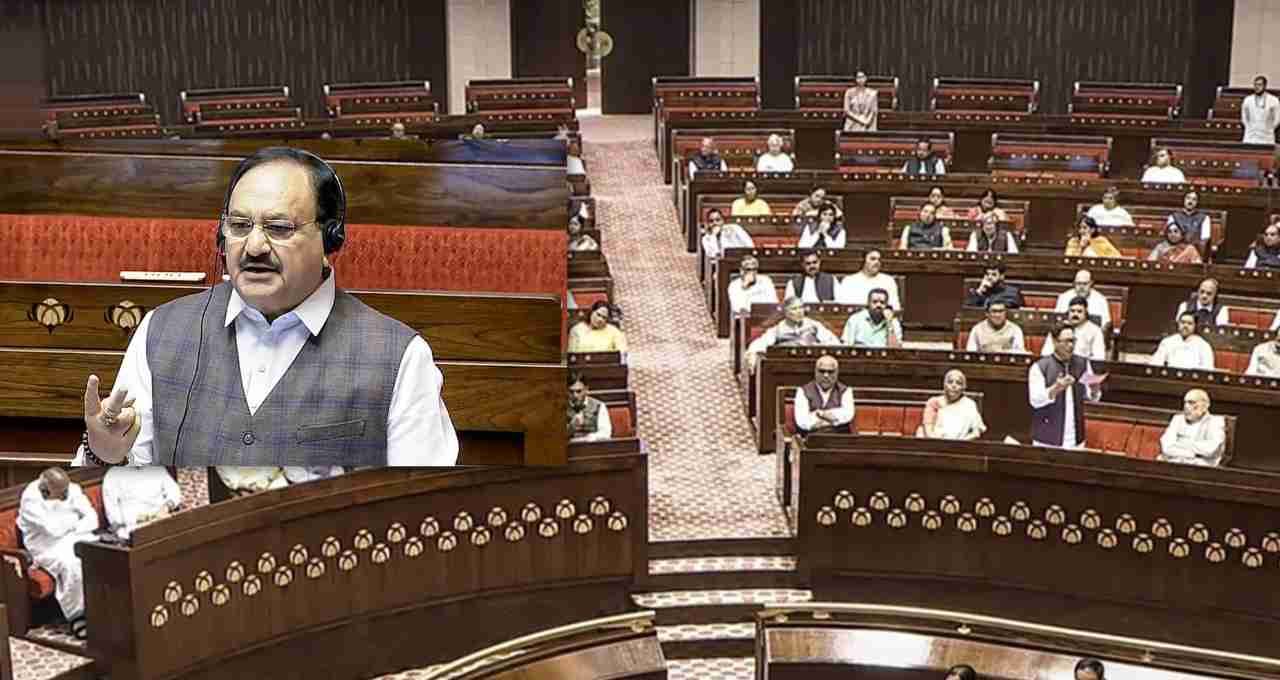
Under the Waqf Amendment Bill presented in the Lok Sabha, the government has abolished 'Waqf by User'. Now, any property will be considered Waqf property only if it has been legally assigned to the Waqf through legal documents or a will. Under this, every property will now be investigated by the District Collector. The government cited the reason for its removal as the Waqf Board often seized properties without any legal basis.
Opposition's Objection
The opposition bly objected to this amendment. Congress MP Syed Nasir Hussain said that this bill could be a warning sign for the religious places of the Muslim community. He argued that hundreds of years old mosques and religious sites do not have legal documents, and therefore, excluding them from Waqf property would not be correct.
What changes will it bring?
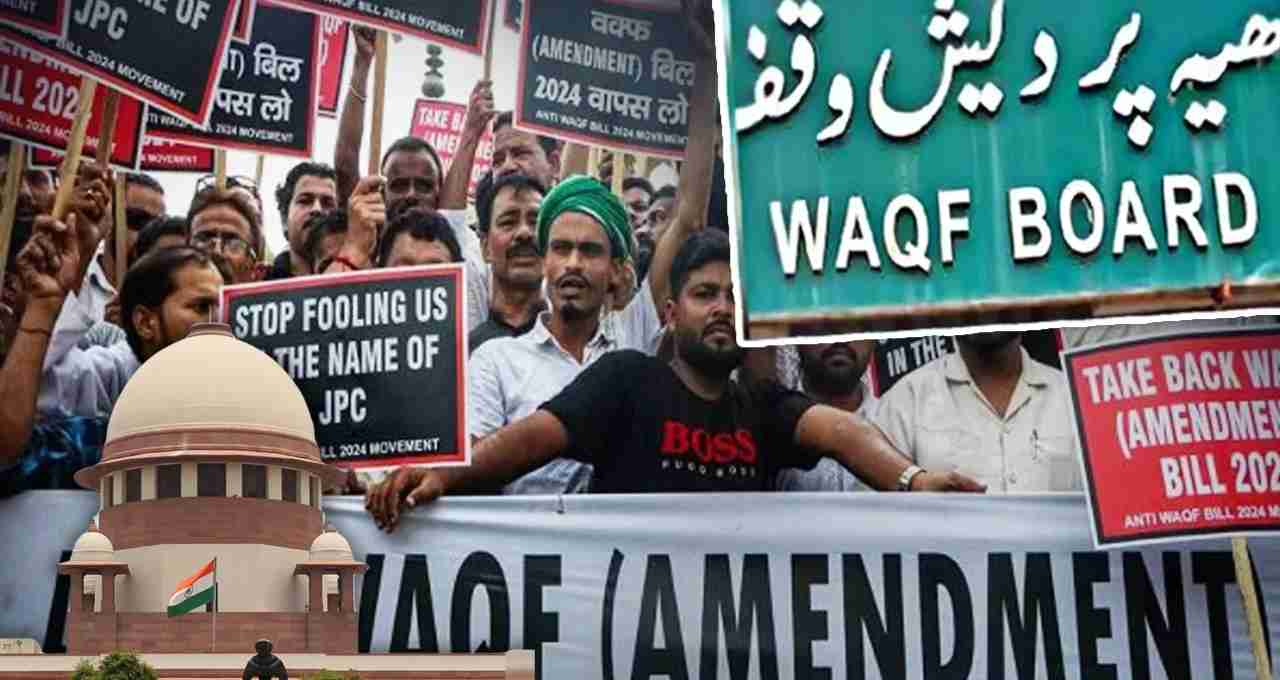
From now on, 'Waqf by Deed' will replace 'Waqf by User', meaning that Waqf property will be considered Waqf only under a registered deed. This change will ensure that any property has legal documents before being declared Waqf, so that proper documentation of the ownership of the property exists.
Congress and Muslim organizations' opposition
Muslim organizations and opposition parties oppose this change, arguing that it will increase the risk of encroachment on religious sites. In many places, documents are not available; therefore, these provisions could create religious and social tensions.
What is the government's stance?
The government says that this step has been taken to bring transparency in land grabbing cases and to reduce disputes. Minister Kiren Rijiju justified this amendment, stating that no property will be considered Waqf property without legal documents.
